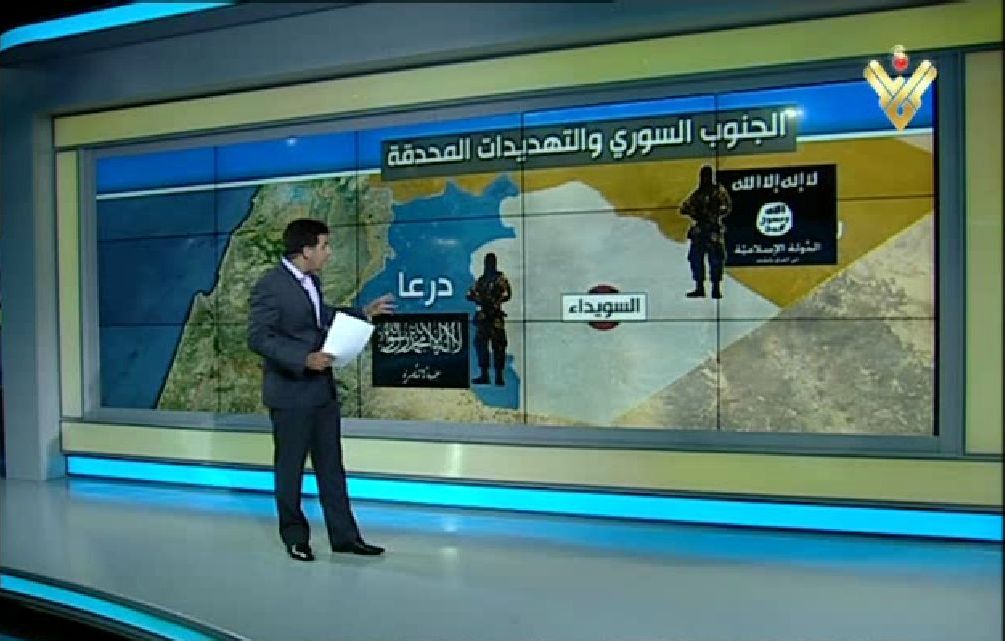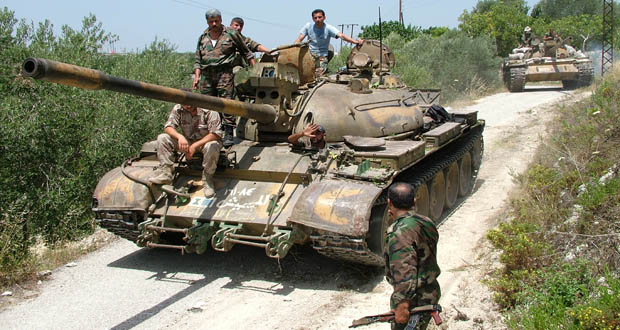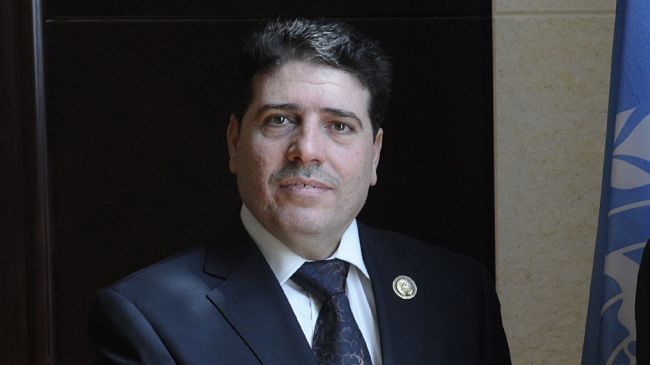Obama’s Strategy under Fire, Pentagon: Training Rebels in KSA Needs Months

The Pentagon said Friday that vetting Syrian rebel groups to fight the ISIL could take three to five months.
Pentagon press secretary Rear Adm. John Kirby said that the military would begin working “very soon” with the intelligence community and Saudi Arabia to “select Syrian rebels to train and arm”.
But he cautioned that it would be a “little while” before the fighters were ready. He said that after the vetting process, it could be 8-12 months before any fighters would be able to return to Syria and fight ISIL.
The Pentagon will initially train more than 5,000 “Syrian rebels” at an existing facility in Saudi Arabia.
Kirby said the trained fighters would defend their own communities, go after ISIL militants and counter the Syrian regime.
“The rebels would get small arms at first, and then could eventually receive more sophisticated weaponry,” War Secretary Chuck Hagel said Thursday.
Skepticism…
This comes as flashes of disagreement over how to fight the ISIL are mounting between President Obama and US military leaders, the latest sign of strain in what often has been an awkward and uneasy relationship.
Even as the administration has received congressional backing for its strategy, with the Senate voting Thursday to approve a plan to arm and train Syrian “rebels”, a series of military leaders have criticized the president’s approach against the ISIL militant group.
Retired Marine Gen. James Mattis, who served under Obama until last year, became the latest high-profile skeptic, telling the House Intelligence Committee that a blanket prohibition on ground combat was tying the military’s hands.
“Half-hearted or tentative efforts, or airstrikes alone, can backfire on us and actually strengthen our foes’ credibility,” he said. “We may not wish to reassure our enemies in advance that they will not see American boots on the ground.”
Mattis’ comments came two days after Army Gen. Martin Dempsey, chairman of the Joint Chiefs of Staff, took the rare step of publicly suggesting that a policy already set by the commander in chief could be reconsidered.
Despite Obama’s promise that he would not deploy ground combat forces, Dempsey made clear that he didn’t want to rule out the possibility, if only to deploy small teams in limited circumstances.
He also acknowledged that Army Gen. Lloyd Austin, the commander for the Middle East, had already recommended doing so in the case of at least one battle in Iraq but was overruled.
The White House and Pentagon have scurried this week to insist there is no hint of dissent in the ranks, though in some cases their efforts have focused only more attention on the issue.
Some lawmakers were skeptical. Rep. Howard “Buck” McKeon, R-Calif., chairman of the Armed Services Committee, suggested that Obama should listen more closely to his commanders.
“I think it’s very important that he does follow the advice and counsel that he receives, the professional advice of the military,” McKeon said. “They are the ones best suited to do that.
“I realize he’s commander in chief, he has the final say and the final obligation and responsibility,” he added. “I would also request that he not take options off the table.”




